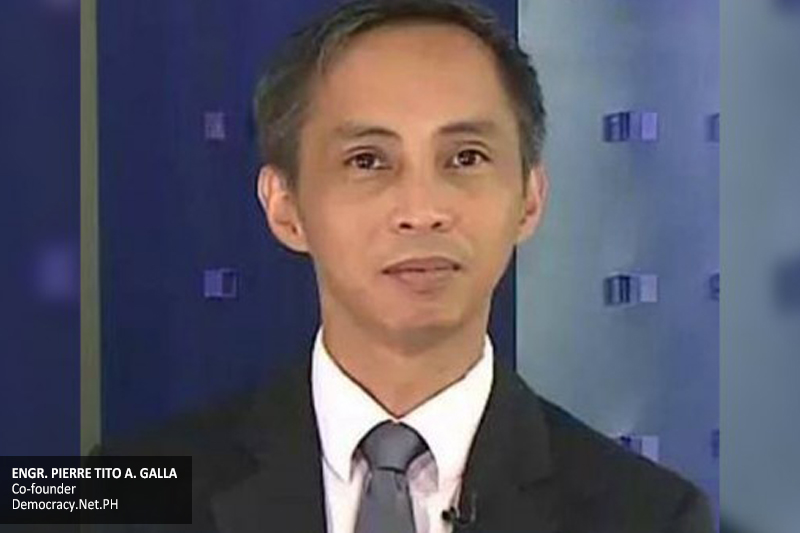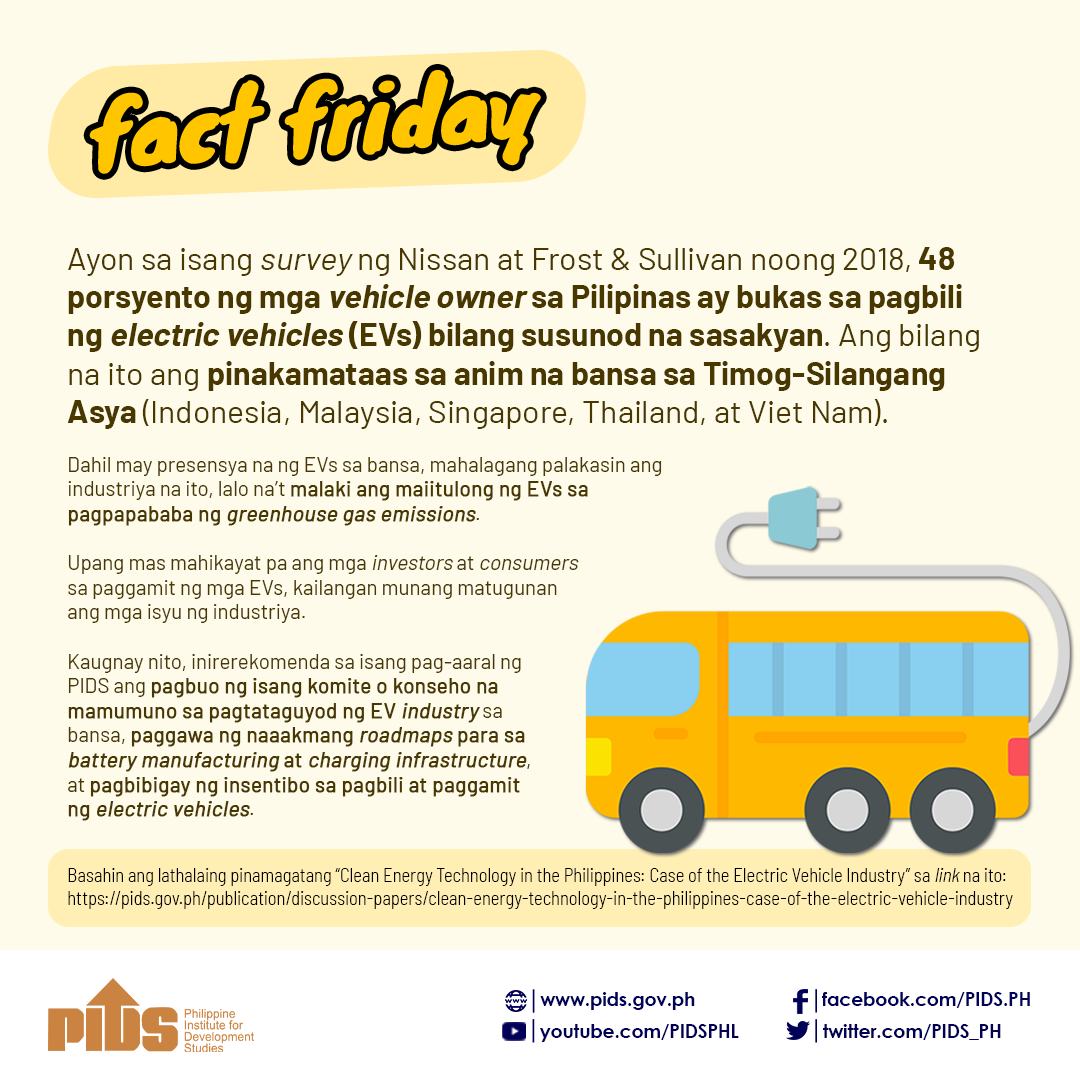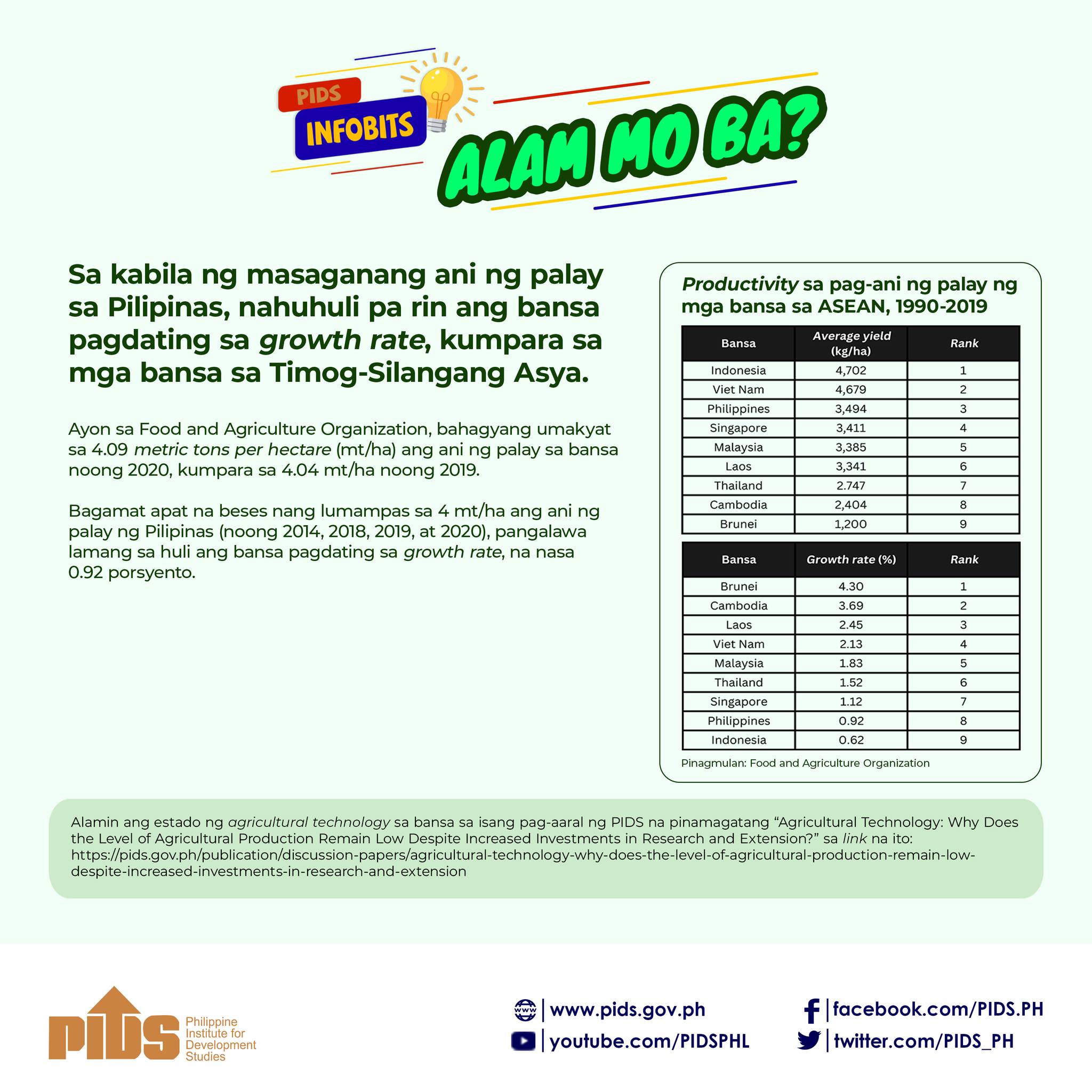Various digital data by-products from electronic devices, social media, search engines, sensors, and tracking devices (including climate sensors and global positioning systems or GPS) - also known as Big Data - have developmental uses.
A paper by Dr. Jose Ramon Albert, senior research fellow of state think tank Philippine Institute for Development Studies (PIDS), stressed that Big Data can complement traditional data sources in relation to the government's national development plans and disaster-risk management goals.
Albert cited how Big Data served as a useful source in tracking flu incidence. "In 2008, Google established a near-real-time flu tracker called Google Flu Trends that monitored Google searches on the flu," he said. "It was reported that flu incidence estimate from Google correlates strongly with the official statistics released by the US Centers for Disease Control and Prevention (CDC)."
Inasmuch as the country is frequently hit by natural disasters, with an annual average frequency of 19 to 20 tropical cyclones, Albert highlighted the use of Big Data in disaster risk management. The Philippine government's flagship project called Nationwide Operational Assessment of Hazards (NOAH) has helped national and local governments to become more prepared for disasters, he said.
"The high-velocity and high-volume data through Project NOAH have helped national and local governments to become more prepared to disasters," Albert said. "In 2011, Typhoon Sendong led to 676 deaths in Cagayan de Oro City, but a year later, when Project NOAH was already in place, there was only one associated death reported in the aftermath of Typhoon Pablo."
However, there are issues that need to be examined in the use of Big Data. Issues on privacy, security, intellectual property, accessibility for development purposes, and accountability have to be addressed to prevent the misuse of Big Data, Albert said.
"Much of Big Data includes personal data with precise, geo-location-based information. We are well aware that e-commerce sites are watching our shopping preferences; search engines are examining our browsing habits; social media sites are inspecting our personal data, including our social relationships and what we share; and mobile service providers are collecting data on who we talk or send text messages to and possibly what we say to them," Albert said.
He added that legal protocols and institutional arrangements should be identified to access Big Data holdings for development purposes. "Current efforts are being initiated by Senator Bam Aquino toward the establishment of a Big Data center in the Philippines," he said. "If it will be similar to Jakarta's Pulse Lab, a public-private partnership scheme for its establishment is required."
Moreover, investments on capacity building is critical to train Big Data users to identify useful and quality information given that information that can be harnessed from Big Data is increasing by 2.5 quintillion bytes per day, Albert said.
If you want to read the full study, you may download this link: http://www.pids.gov.ph/policynotes.php
A paper by Dr. Jose Ramon Albert, senior research fellow of state think tank Philippine Institute for Development Studies (PIDS), stressed that Big Data can complement traditional data sources in relation to the government's national development plans and disaster-risk management goals.
Albert cited how Big Data served as a useful source in tracking flu incidence. "In 2008, Google established a near-real-time flu tracker called Google Flu Trends that monitored Google searches on the flu," he said. "It was reported that flu incidence estimate from Google correlates strongly with the official statistics released by the US Centers for Disease Control and Prevention (CDC)."
Inasmuch as the country is frequently hit by natural disasters, with an annual average frequency of 19 to 20 tropical cyclones, Albert highlighted the use of Big Data in disaster risk management. The Philippine government's flagship project called Nationwide Operational Assessment of Hazards (NOAH) has helped national and local governments to become more prepared for disasters, he said.
"The high-velocity and high-volume data through Project NOAH have helped national and local governments to become more prepared to disasters," Albert said. "In 2011, Typhoon Sendong led to 676 deaths in Cagayan de Oro City, but a year later, when Project NOAH was already in place, there was only one associated death reported in the aftermath of Typhoon Pablo."
However, there are issues that need to be examined in the use of Big Data. Issues on privacy, security, intellectual property, accessibility for development purposes, and accountability have to be addressed to prevent the misuse of Big Data, Albert said.
"Much of Big Data includes personal data with precise, geo-location-based information. We are well aware that e-commerce sites are watching our shopping preferences; search engines are examining our browsing habits; social media sites are inspecting our personal data, including our social relationships and what we share; and mobile service providers are collecting data on who we talk or send text messages to and possibly what we say to them," Albert said.
He added that legal protocols and institutional arrangements should be identified to access Big Data holdings for development purposes. "Current efforts are being initiated by Senator Bam Aquino toward the establishment of a Big Data center in the Philippines," he said. "If it will be similar to Jakarta's Pulse Lab, a public-private partnership scheme for its establishment is required."
Moreover, investments on capacity building is critical to train Big Data users to identify useful and quality information given that information that can be harnessed from Big Data is increasing by 2.5 quintillion bytes per day, Albert said.
If you want to read the full study, you may download this link: http://www.pids.gov.ph/policynotes.php

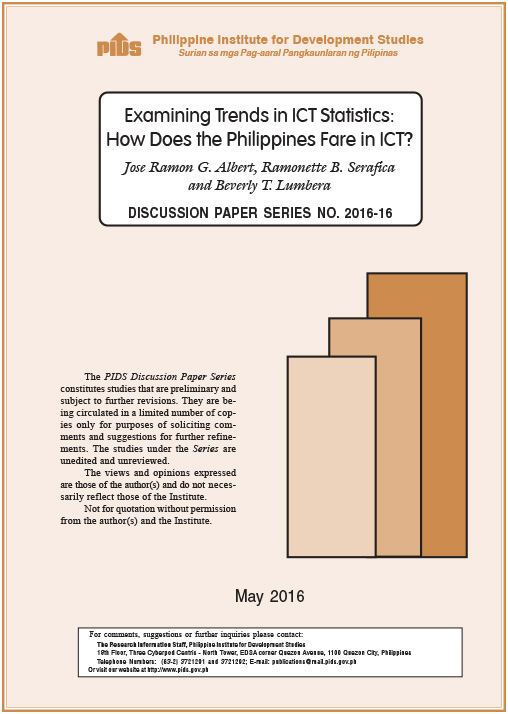
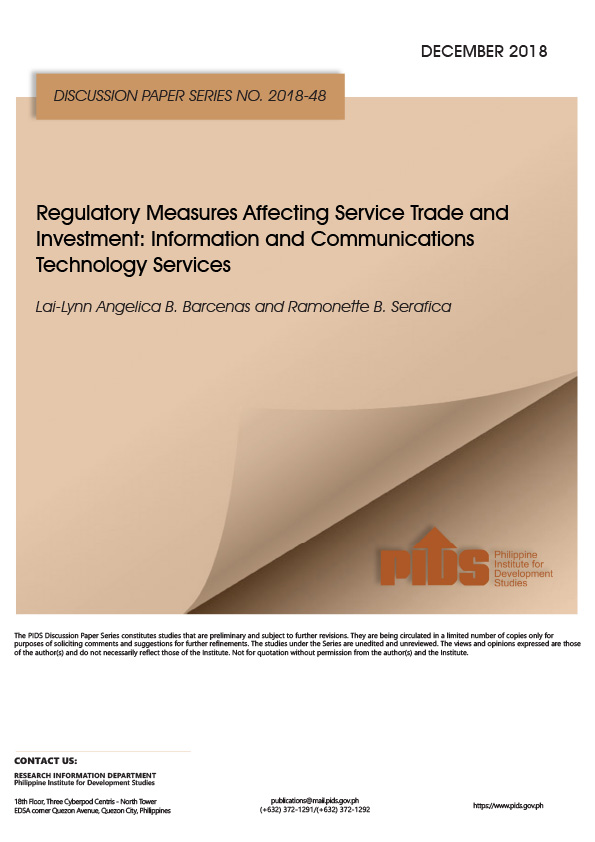
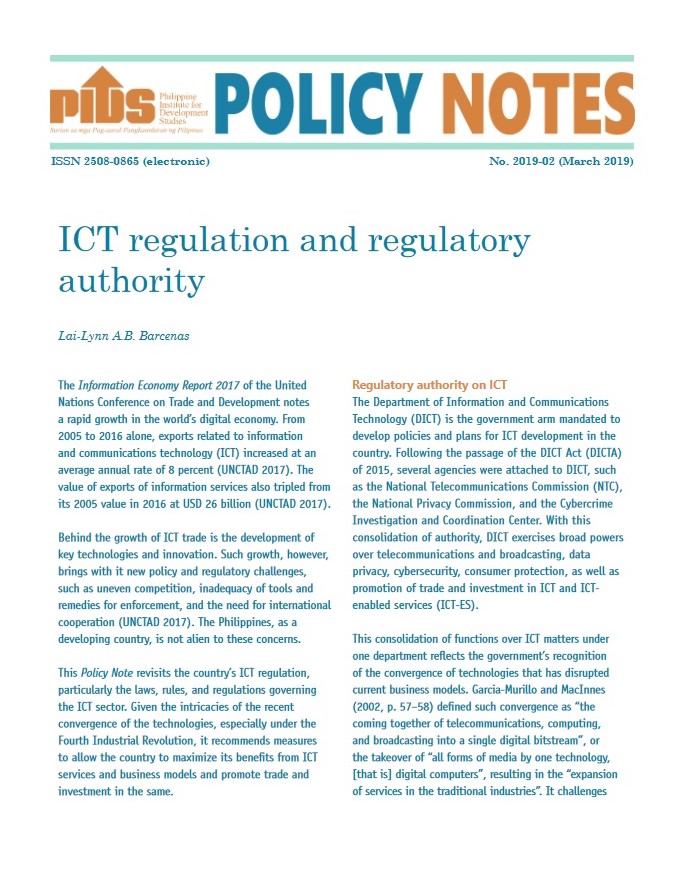
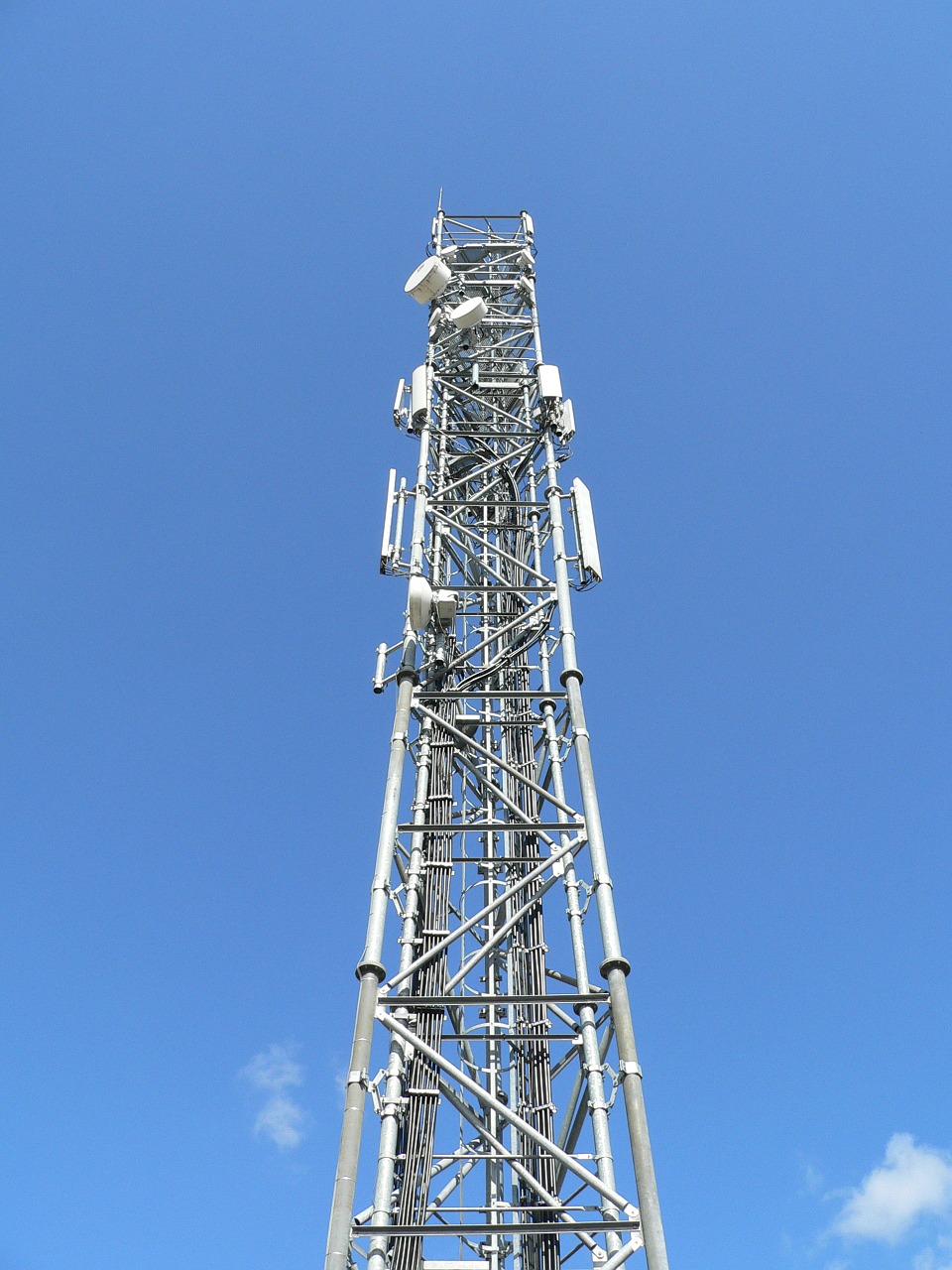
.jpg)
